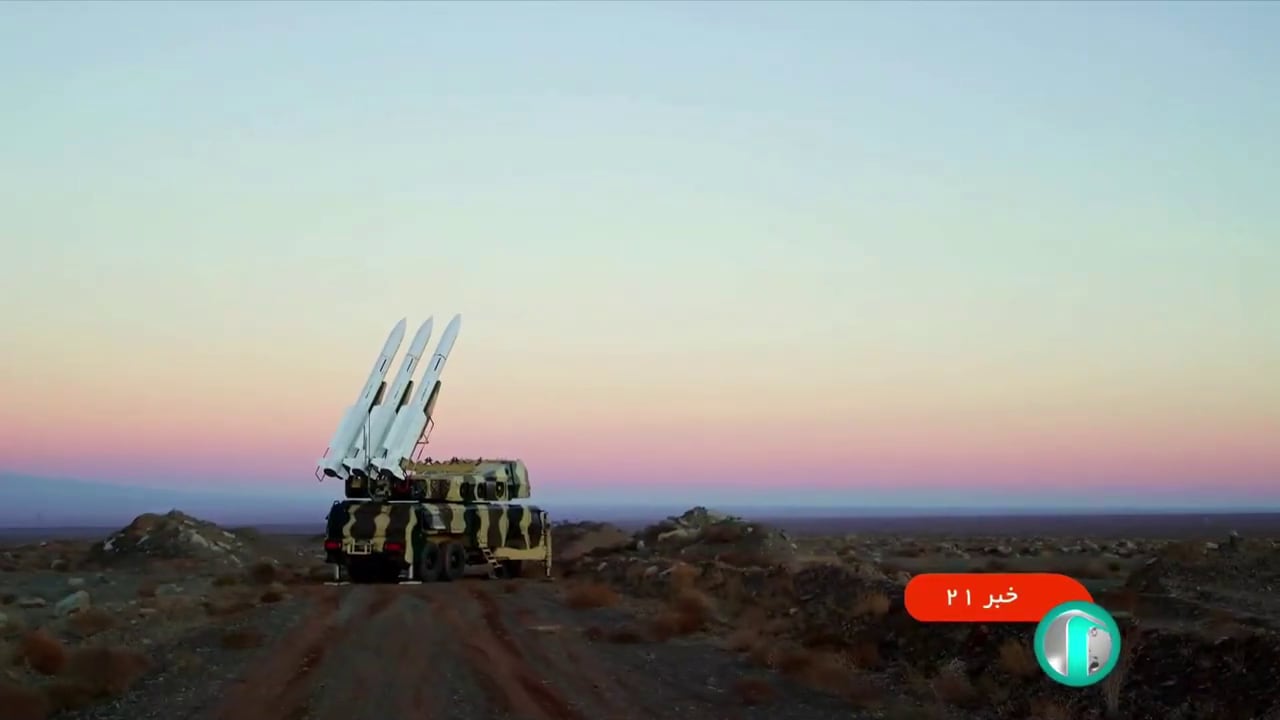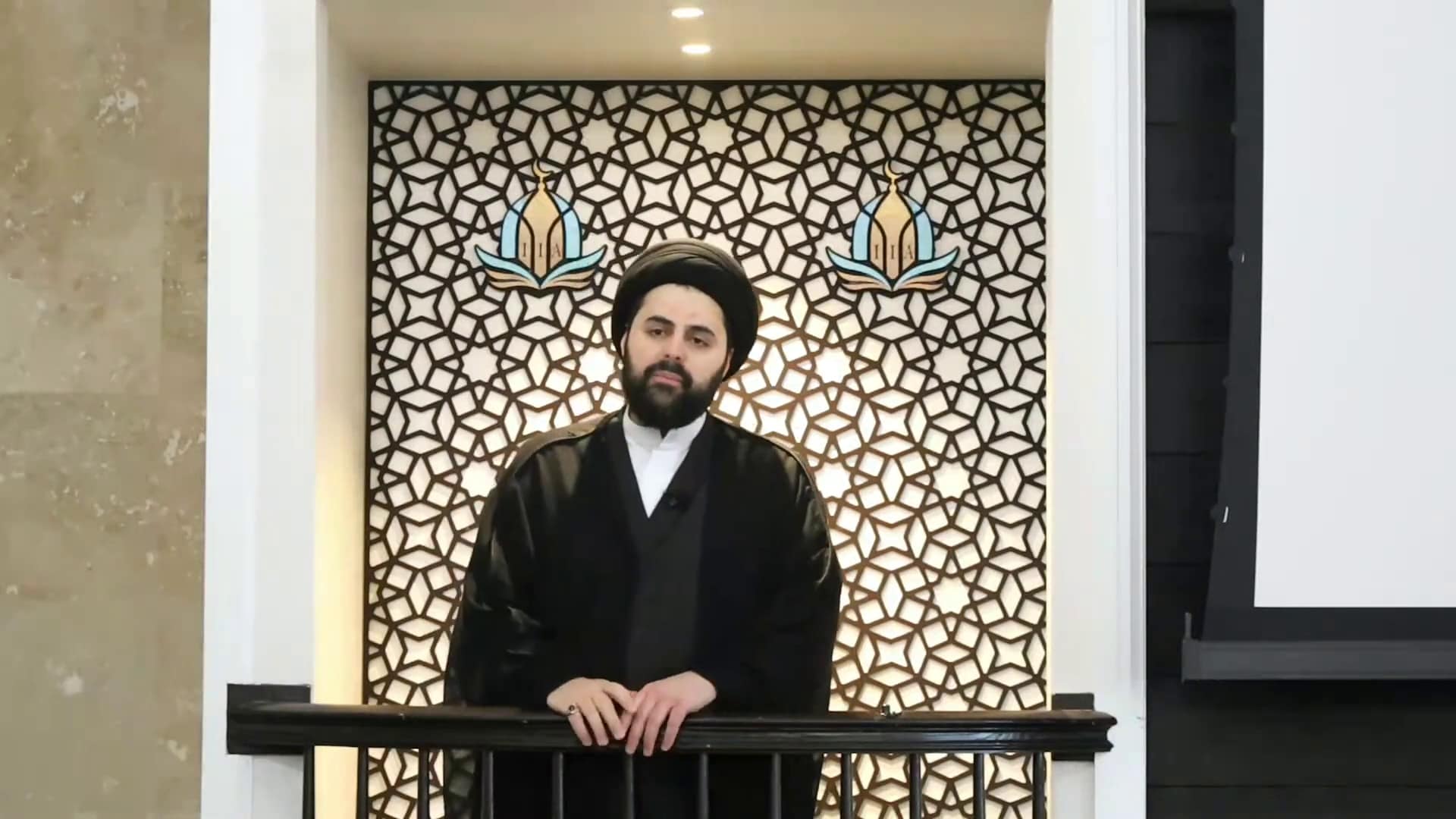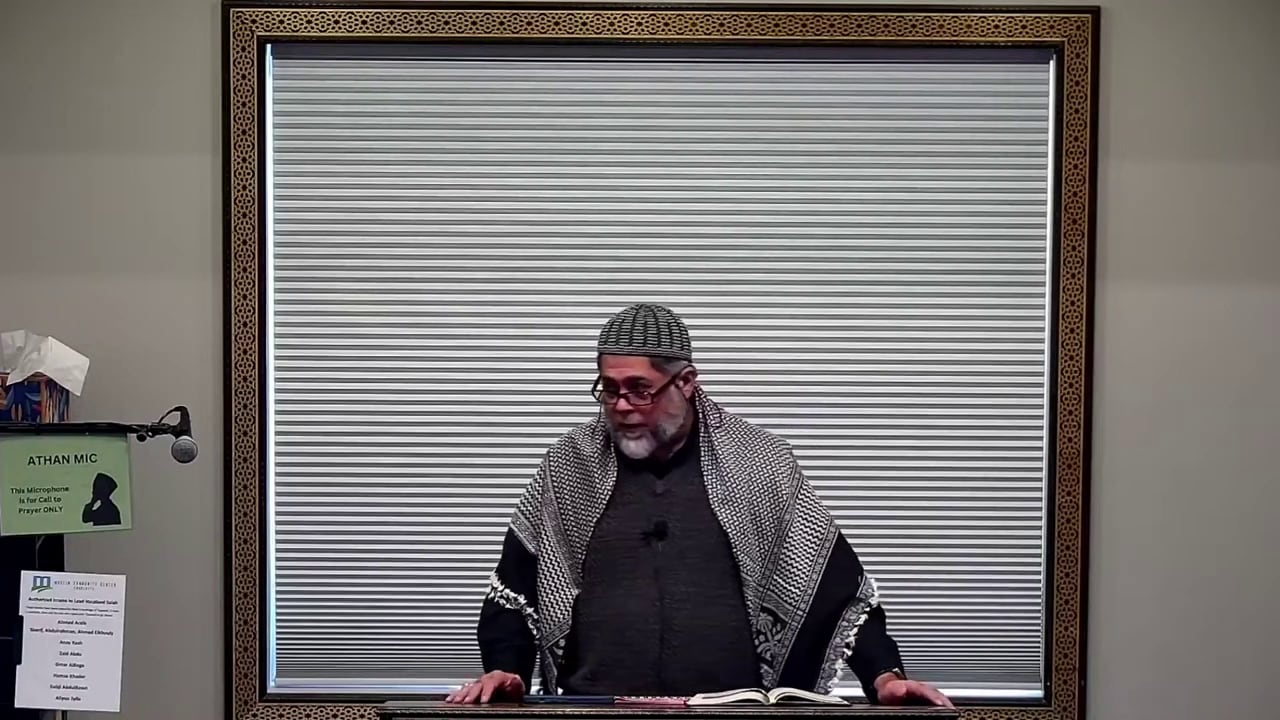
Following are excerpts from interviews with Egyptian senior officials discussing Iran's role in the Middle East which were broadcast on various Egyptian TV channels in January-February 2009:
Gamal Mubarak, Deputy Secretary-General of the ruling Egyptian National Democratic Party: We, in Egypt, are not in dispute with Iran as a state, but with regard to our vision for the region, and to the strategic change we began in the region in the 1970s, Iran disagrees with us, and some in Egypt – not everybody, but some – keep repeating Iran’s claim that this was a strategic mistake, that Egypt should not have signed the peace accord, that Egyptian land should have remained occupied for another 30 years, until we could mobilize the Arab world. That is their position, which is at odds with ours on many regional issues. We disagree. We are not hostile towards one another, but we disagree, and this disagreement is deep-rooted.
Secondly, you’ve asked me about our national security.
Interviewer:Yes.
Gamal MubarakThe Arab Gulf region – and I emphasize the word “Arab,” so as to be clear – constitutes a very important extension of Egyptian national security, just as Sudan and Africa constitute an extension of Egyptian national security. Any country, policy, or development that poses a threat to this region constitutes an indirect threat to us – or even a direct one. Once again, there is some polarization and differences of opinion between us and them, but this is not about hostility. On the contrary. Iran is a major country in the region, like Egypt and Saudi Arabia, but if we want to be honest and to reach common ground, we must say clearly that we have fundamental disagreements, which affect issues in our immediate vicinity. The Palestinian issue – or the Middle East issue – I don’t want to say that it is our domestic affair, but it is certainly on our border. We cannot take this lightly, and we must not underestimate the accomplishment, manifest in the historic change in our vision of the region.
With Turkey it is different. Again, Turkey is a major country, in which we do not encounter any (negative regional) ambitions. We have common ground with Turkey, which can be of help. Compare Iran and Turkey. Both are non-Arab countries. Turkey has positions of its own, but it is largely in agreement with Egypt with regard to its regional vision, the need for a peaceful resolution of the conflict, the settlement of the conflict through a two-state solution, and so on. This is in contrast with Iran, which wants to take us back to the 1960s and 1970s, attacks Egypt for its peace agreements, wants to throw Israel into the sea, and so on. There is a great disagreement (with Iran).
Mustafa Fiqi, Chairman of the Committee for Foreign Relations in the Egyptian Parliament: There should have been greater Arab efforts to distance Syria from Iran. We haven't given this issue sufficient consideration. The Iranians have an agenda in the region. I am one of those who believe that Iran used to contribute – and I hope will contribute in the future – to the Arab Islamic world, rather than being its rival. I can understand many of the Iranian policies, but I must stress that Iran has an active diplomacy and a clever regional agenda, which is at odds with many of the region's moderate forces. Syria is not 100% with Iran, people must understand this. Take, for example, the Annapolis Summit. Iran did not welcome the idea of Syrian participation, yet Syria attended. Syria is not a collaborator with Iran. It is Iran's ally, at least under these circumstances. Had the Arabs pulled Syria a little more, rather than increasing its isolation... Between you and me, the damage to the Damascus-Riyadh-Cairo axis constitutes a setback to joint Arab action, because these countries served as the engine pulling the Arab system forward, especially in times of crisis.
Interviewer: What about the Lebanese role? We've heard about the speech by Hassan Nasrallah, in which he accused some Arab countries of supporting the occupation.
Mustafa Fiqi: I heard and watched this speech, and I was very sorry to hear this. It is clear that he does not understand the nature of the Egyptian people. As the saying goes, "I curse my son, but I also curse anyone who says Amen to this." Egyptians, by nature, may disagree with their government or criticize it, but when orders and incitement come across from abroad, their solidarity grows and they strongly support their leadership. I was one of Hassan Nasrallah's most ardent supporters in the 2006 war, but his political discourse has adopted the language of the Iranian mullahs, more than ever before.
[...]
This is all part of the Iranian agenda, the purpose of which is to strengthen Iran's position. By now Iran is strong in Lebanon, and it wants to be strong in Palestine as well, and to influence the Arab and Islamic public.
Interviewer: And, of course, it has influence in the Gulf.
Mustafa Fiqi: And, of course, it has influence in the Gulf.
Mustafa Fiqi: When Imam Khomeini was on the plane from Paris, to become Supreme Guide in February 1979, he said that the Arabs led the Islamic world for several centuries – he was referring to the Umayyad and Abbasid dynasties, and so on – and the Muslims were also led by Kurds, like Salah Al-Din Al-Ayubi. Then, the Muslims were led for several centuries by the Turks of the Ottoman state. The time has come for the Persians to lead the Islamic world again. Once you understand this concept, you realize the motives of Iran – first, as a revolution, and second, as a state – in achieving what it has achieved.
Interviewer: So there is an Iranian conspiracy to take control of the region?
Mustafa Fiqi: There is an Iranian conspiracy to become the policeman of the region, the hegemonic state, the strongest state in the region.
[...]
Interviewer: President Ahmadinejad said that all the supporters of Israel will go to Hell. Do you have anything to say about this?
Mustafa Fiqi: The statements this man makes are quite reckless, as you know. He also said that he Holocaust never happened, and that he would throw Israel into the sea. The language he uses is a little outdated. Even the Iranians themselves, the moderates among them, are not enthusiastic about this kind of political discourse.
[...]
Interviewer: Are you saying that Hamas is the cause of the crisis?
Mustafa Fiqi: To a large extent. Hamas is trying to reduce the entire Palestinian cause to "Hamas" itself. Hamas wants to establish an Islamic state. Whether this state would be Palestinian or independent – that's another thing. Their loyalty to the movement comes before their loyalty to the homeland.
[...]
Hamas participated in the elections in accordance with the Oslo Accords, even though they do not accept these accords. It's like the approach of all the Islamic movements to Western democracy. It is a ladder which they use to climb up, but never to go down.
[...]
The support of certain groups in Egypt for Hamas is due to their having a similar ideology, and not necessarily in order to defend Palestinian rights, because the Palestinian cause is not limited to Hamas.
[...]
Osama Saraya, Editor-in-Chief, Al-Ahram Newspaper: Iran is dangerous not only because if fights you and meddles in your affairs. Iran also plays the sectarian game. Iran wants to establish a Hizbullah here in Egypt. You see what I'm saying? If not for the vigilance of the Egyptian security forces, by now people would be standing in Al-Tahrir square saluting like this, like they do in Lebanon. Iran has intervened in the affairs of Egypt, and it wants to convert people in Egypt to Shiite Islam. Sunnis and Shiites have been in agreement for many years not to play this sectarian game, because it is dangerous. But Iran does play this dangerous game. You see what I'm saying? We haven't played this game, but Iran has. We have not defended the Sunnis in Iran. Iran is persecuting the Sunnis in Ahwaz and other regions in Iran. We have not intervened in this, in order to preserve stability. We have not engaged in a sectarian war, but Iran has. In Syria, Iran turned whole neighborhoods Shiite. Iran spends vast sums of money on conversion to Shiite Islam. Iran is exploiting our love for the Prophet's family.
[...]
Iran is very dangerous to Egyptian national security, and this danger will increase in the future. When Iran saw that Egypt did not attack it, and did not sufficiently expose what it was doing in the region, it began to enjoy it and to believe that it was capable of bringing about a strategic change in the Middle East. No. Iran must understand that they are Shiites, a minority in the Arab region, and that if they intervene anywhere in the Arab world – in Bahrain, the U.A.E, Saudi Arabia, Iraq, Lebanon, or Syria – we will intervene as well. Both the Egyptian security agencies and Iran should know this.
[...]
The Iranian Rule of the Jurisprudent is a political school, not a religious one, because the Jurisprudent-ruler – Khomeini, and then Khamenei – is the head of the state. This means that there is only one Jurisprudent-ruler, to whom we all must pay a fifth [of our income], and whose orders we must all carry out. All of a sudden, we might find out that our president is sitting in Qom. This is dangerous to the Shiite school itself, because they have mixed religion with politics, and they want to export this philosophy.
[...]
Tareq Hassan, Editor of the NDP Egyptian Ruling Party Website: We should look what kind of people are acting against Egypt these days: Nasrallah is a sectarian leader. Bashar Al-Assad is also a sectarian leader. An Alawite. The Alawite regime has never contributed to any Arab cause, except for when Egypt called on them to join the glorious October 1973 war, and, indeed, this was the only war that we won. Except for that, Syria did not join any war, and did not fire a single shot, despite the [occupation] of their Golan Heights. The Golan has been the quietest front between Israel and the Arabs, even though it has been occupied since 1967. [Bashar Al-Assad] is a sectarian Alawite. Iran? It is also sectarian. They all have a common denominator. Hamas too. While we are all pained by this aggression, Hamas is also sectarian, and it is influenced by sectarian devices. All this sectarian mobilization in the Arab world has one goal: To claim that this minority sect, the Shiites, are the patriots and defenders of the Arab world, while the Sunnis, who are the majority in this region, are traitors. They want to claim that the leading Sunni country [Egypt], the leader of the Arabs and of Islam, is the traitor.
[...]
This has gotten to the point of impudence. Nasrallah talks about Egypt and the Egyptian army – the army that was fighting wars, even before Nasrallah was born, to defend the nation. It was the Egyptian army, not Nasrallah, that achieved the glorious victory of 1973. If Nasrallah wants to learn about patriotism he should join the Egyptian army's school of patriotism. If Nasrallah, Khamenei, or Mr. Bashar want to learn wisdom and experience in conflict management they should come to the school of the leader of Egypt and Arab world, the commander of the [1973] air strike that humiliated Israel.













